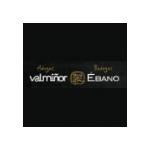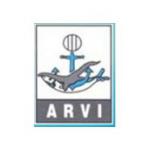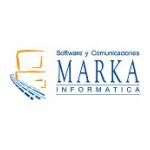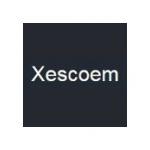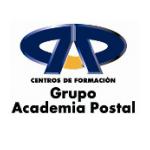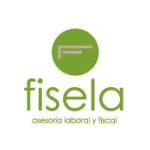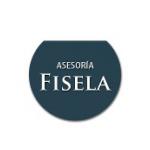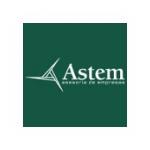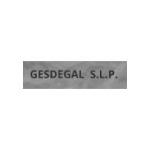"Ideas are a capital that bears interest only in the hands of talented people."
The basic content of this Master is that typical of the course content of degrees denominated as MBAs, although oriented to the specificities and characteristics proper to SMEs, and combined in an inter-functional way (management roles are not independent of each other) with a global view (companies operate in a global environment).
The Master's is split into two semesters and has a structure of 10 subject areas, with 6 ECTS credits for each one, which means a total of 60 ECTS, of which 48 are dedicated to the faculty and 12 to the completion of the work placements in companies and the final work projects for the Master's.
Subjects which will allow you to know a great deal about the fundamentals of managing businesses, their distinct functional areas, as well as the environment in which they operate, are the following:
- Commercial and Marketing Management for SMEs (Teaching Guide )
- Management of Personnel (Teaching Guide )
- Sources and Resources of Information for SMEs (Teaching Guide )
- Accounting for SMEs and family businesses (Teaching Guide )
- Business Private Law (Teaching Guide )
- Strategic Management of SMEs (Teaching Guide )
- Finances for SMEs (Teaching Guide )
- Taxes for SMEs (Teaching Guide )
- External Practicals (Teaching Guide )
- Final Master's Project (Teaching Guide )
The content will be presented with a comprehensive overview of the company's functions, from the perspective of management, taking into account the distinct interest groups (stakeholders) and with the commitment to offer you only those that will truly generate value for you in the development of your professional career.
Final Master's Project
The final project of the Master's degree is one of the most important learning activities of the programme and consists of the completion, by each student, of work in which they apply the know-how acquired in the Master's, as well as showcasing their creative and innovative abilities.
The final project of the Master's has a multidisciplinary character and integrates the various skills acquired by the participant and is centred, with an eminently practical focus, on the topic of entrepreneurship, understood in its broadest sense.
The concrete content may deal with projects concerning company creation, development projects of already-existing companies (import, export of products, acquisition or sale of technologies, agreement on distribution, cooperation, etc.), approaches to transformation of any of the business processes, creation of spin-offs, topical research (for example, business opportunities based on emerging Information Technologies), etc.
The importance of work with these characteristics is that it offers the student the opportunity of delving into a topic that interests them, exploring it intensely and learning to locate, analyse, evaluate, and interpret, and information with critical vision. It is an independent and personal task for the student although guided and completed under the supervision of a tutor.
The results will be the subject of a final report which must be presented and defended in public form.
Practicals of the Master's Degree in SME Management
Another aspect to highlight this training programme is the completion of work placements in companies representative of institutions in the current business sector, with the aim of facilitating future integration into the labour market. These external placements are by nature obligatory and with them the expertise and skills acquired in the theoretical sessions can be pursued and applied, so they contribute to providing our students with a solid basis for professionalism and are a major indicator of employability. In some cases, depending on the agreement which we have with the company, placements are remunerated.
The Universidad de Vigo School of Business Studies has a long tradition (since 1988) of work placements in companies and institutions at regional and local levels. The number of collaboration agreements with companies subscribed, currently over 500, is increasing each year and allows us to ensure all students can include good external practicals in their profile and their preferences (industrial sector, location, etc.).
Integration into a type of professional activity can also be done on the student's proposal, as its completion always contributes to reinforcing development and perfection of the skills acquired in the Master's.
Furthermore, it is possible to substitute completion of the placement through a professional job with a minimum 6-month contract, carried out prior to, or after finishing the lecture period of the Master's, which means that the professional placement is compatible with a first job.
In accordance with the general standard of the Universidad de Vigo, students receive individual follow-up, with the aim of ensuring that the placement is carried out under optimal conditions. For this reason they are assigned a tutor in the company and in the Centre, planning and supervising the activities completed.
In general, these practicals begin in January and finish 31 July. Minimum duration is 180 hours with a maximum of 240 and, following completion the student must submit a report.




